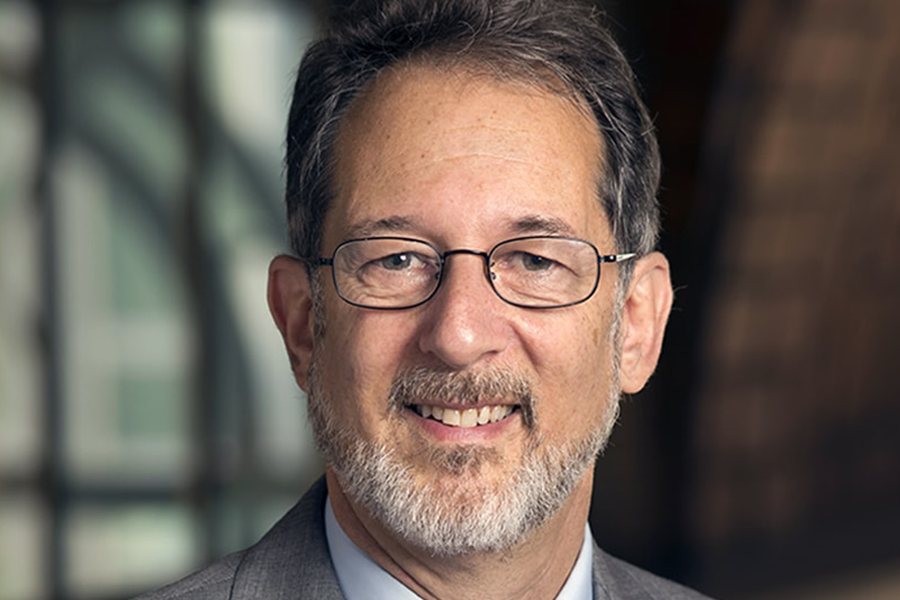
Richard Scheines, Dean, Dietrich College of Humanities and Social Sciences
Richard Scheines joined the CMU faculty in 1990 and served as head of the Department of Philosophy between 2005 and 2014 before becoming Dean of Dietrich College of Humanities and Social Sciences in July 2014. Dean Scheines is a Professor of Philosophy, with additional appointments in the Machine Learning Department and Human-Computer Interaction Institute. His research focuses on causal discovery, the philosophy of social science and educational technology and online courses. Dean Scheines also played a major role in the development of the university's Simon Initiative, which aims to accelerate the use of learning science and technology to improve student learning and to harness and leverage CMU's decades of learning data and research to improve educational outcomes for students everywhere.
What books are currently on your nightstand?
"The Undoing Project" by Michael Lewis
"The Three Body Problem" by Cixin Liu
"The Hunt for Vulcan" by Thomas Levenson
"In Defense of a Liberal Education" by Fareed Zakaria
What's the last great book you read?
"The Great Bridge" by David McCullough
What's your favorite book no one else has heard of?
"One Palestine Complete: Jews and Arabs Under the British Mandate" by Tom Segev. An amazing account of Palestine from when things changed in around 1880, to when things really changed in 1917, to the miracle of Israeli independence.
Which genres do you especially enjoy reading? And which do you avoid?
I love great novels, but more and more I find I turn to history and non-fiction, the kind that makes big drama out of real life. For example, I utterly loved "The Path Between the Seas"—the account of the astonishing 50-year effort to build the Panama Canal by the French and the Americans. I read it on sabbatical in LA, and every morning I would come down to breakfast and give my wife the 20-minute update of last night's action. The book is almost 800 pages, and I started to get depressed when I got to page 700—it was going to end soon!
What are the best books related to your topic of study?
Too many to name.
How do you like to read? Paper or electronic? One book at a time or simultaneously? Morning or night?
I read both paper and electronic—Kindle and iPad when I travel, mostly paper when I'm home. I read every night before bed, if I'm exhausted I read barely 3 pages, and if the book is good and I'm well rested I read 50-60. I love reading on Saturday or Sundays in the afternoon in the living room in my recliner with great music. Nothing is better than feeling a little sleepy and realizing—it’s OK to fall asleep—a 15-minute nap is the most under-rated activity there is.
How do you organize your books?
I store about 4-10 in my bedroom and the rest in three different rooms in the house—the good hardbacks in the living room—we have beautiful bookshelves we had built that just glow when filled with lots of nice looking books; the detective novels in the TV room; and work books in my office.
What book might people be surprised to find on your shelves?
I don't know, the "Tao Te Ching"—or Buddhist texts.
What's the best book you ever received as a gift?
I got a beautiful copy of all the Nobel Prize for Literature acceptance speeches in the 20th Century.
What do you plan to read next?
"The Hunt for Vulcan"—the true story of the plight of Urban Le Verrier, who discovered Neptune because Uranus' orbit was anomalous, and who applied the same logic to hunt for "Vulcan" because Mercury's orbit was anomalous—but who obviously failed because in Neptune's case it was not failure of Newton's theory—but in Mercury's case it was—something which took until Einstein's General Theory of Relativity to prove.